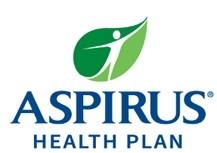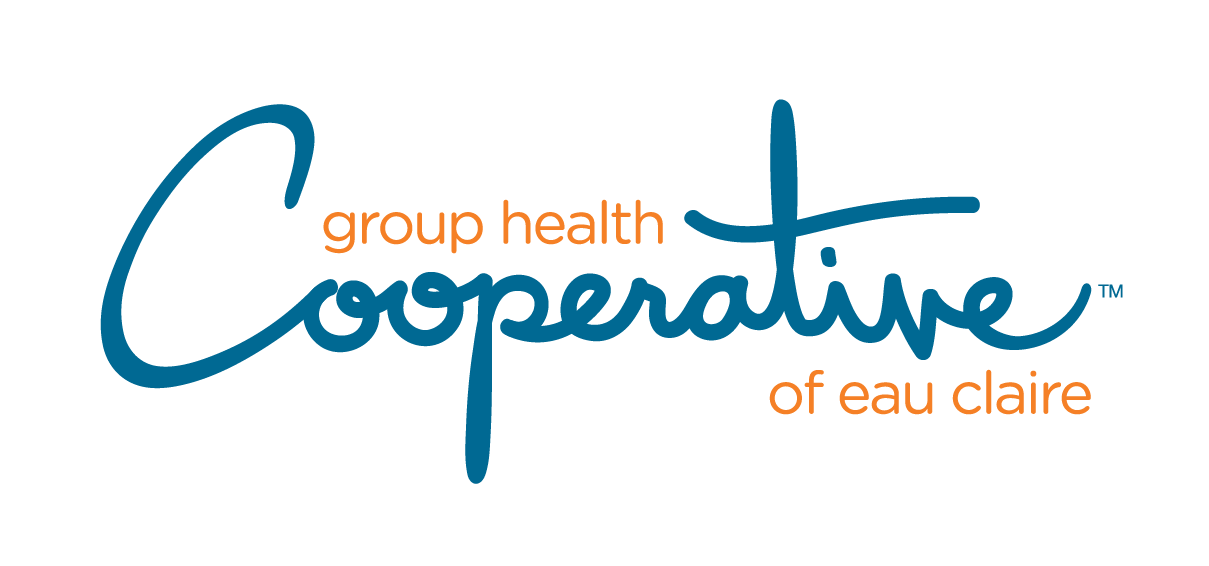September 18, 2019
Imagine a world in which journalists are paid by the word. Back when I was reporting, and I’m fairly certain today, stories would get LONGER, not necessarily better.
In other words, perverse financial incentives do not result in good outcomes.
Yet that is precisely the illogical economic paradigm of today’s health care system. Practitioners are largely paid for doing “things” to patients. Scan an image, prescribe a bill, draw blood, perform surgery — and the dollars pour in. The system is so warped that errors tend to generate additional revenue!
That is why it is high time we get serious in the health sector and policy world about creating incentives that drive and reward value.
This notion was central in my conversation with American Enterprise Institute’s Jim Capretta, IMPAQ International’s Adaeze Enekwechi and Alan Weil at the Health Affairs’ “Health Spending: Moving from Theory to Action” forum in Washington, D.C. last week. Through thoughtful dialogue, our group highlighted hurdles and solutions to unsustainable spending in America’s health system.
ACHP member companies have demonstrated time and again how this approach can be successful. Geisinger Health brought care providers, pharmacy leaders, health plan medical directors and others together to develop a more efficient, affordable CarePath for hepatitis C. Based on the latest evidence, the care team determined that an eight-week treatment regimen was just as effective as the original 12-week course of therapy., Using this approach, Geisinger has cured 97 percent of patients with hepatitis C—and secured cost savings of $30,000 per month, per patient.
But health plans are only one player – a sustainable health care system requires the entire health care industry to come together, innovate and reduce costs. CivicaRx—a nonprofit drug company founded in part by ACHP-affiliated systems Intermountain, SSM Health and Spectrum Health is just that. Tired of waiting for Washington to take action, health systems across the country came together to guarantee essential generic medications are accessible and affordable to hospitals. I am cheering them on to get into the retail pharmacy space as fast as possible to bring relief to millions of consumers who cannot afford the high price of medicine.
And, finally, reimbursement must reflect quality—not volume–of care. It is a collaborative or integrated model in which health plans and clinical teams work in concert on behalf of patients. Doctors, nurses, pharmacists and the compassionate clinical teams we rely on deserve to be well compensated for keeping us well and improving the health of our nation.
Affordable health care will not happen overnight but there is a path to success grounded in incentives for doing the right things at the right time and place for the right price. What are we waiting for?
Ceci Connolly is President & CEO of the Alliance of Community Health Plans, a national leadership organization bringing together innovative health plans and provider groups that are among America’s best at delivering affordable, high-quality coverage and care.


































